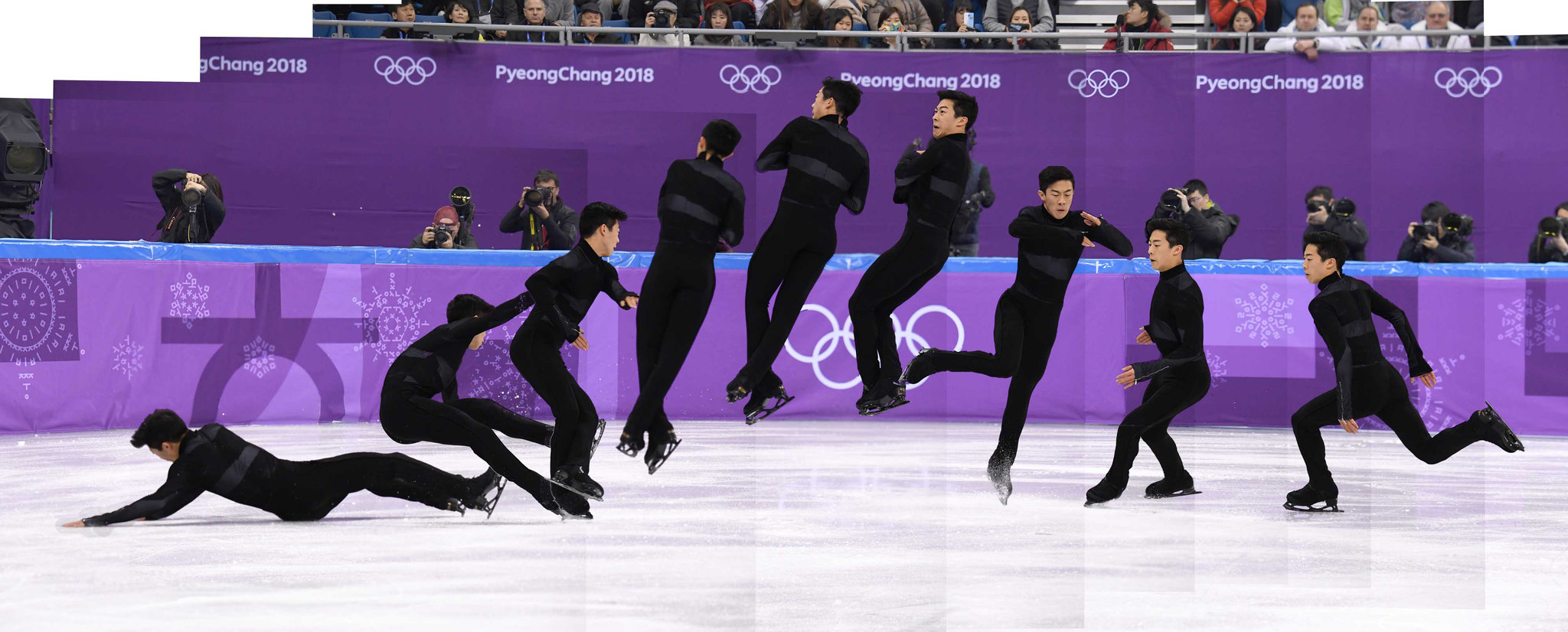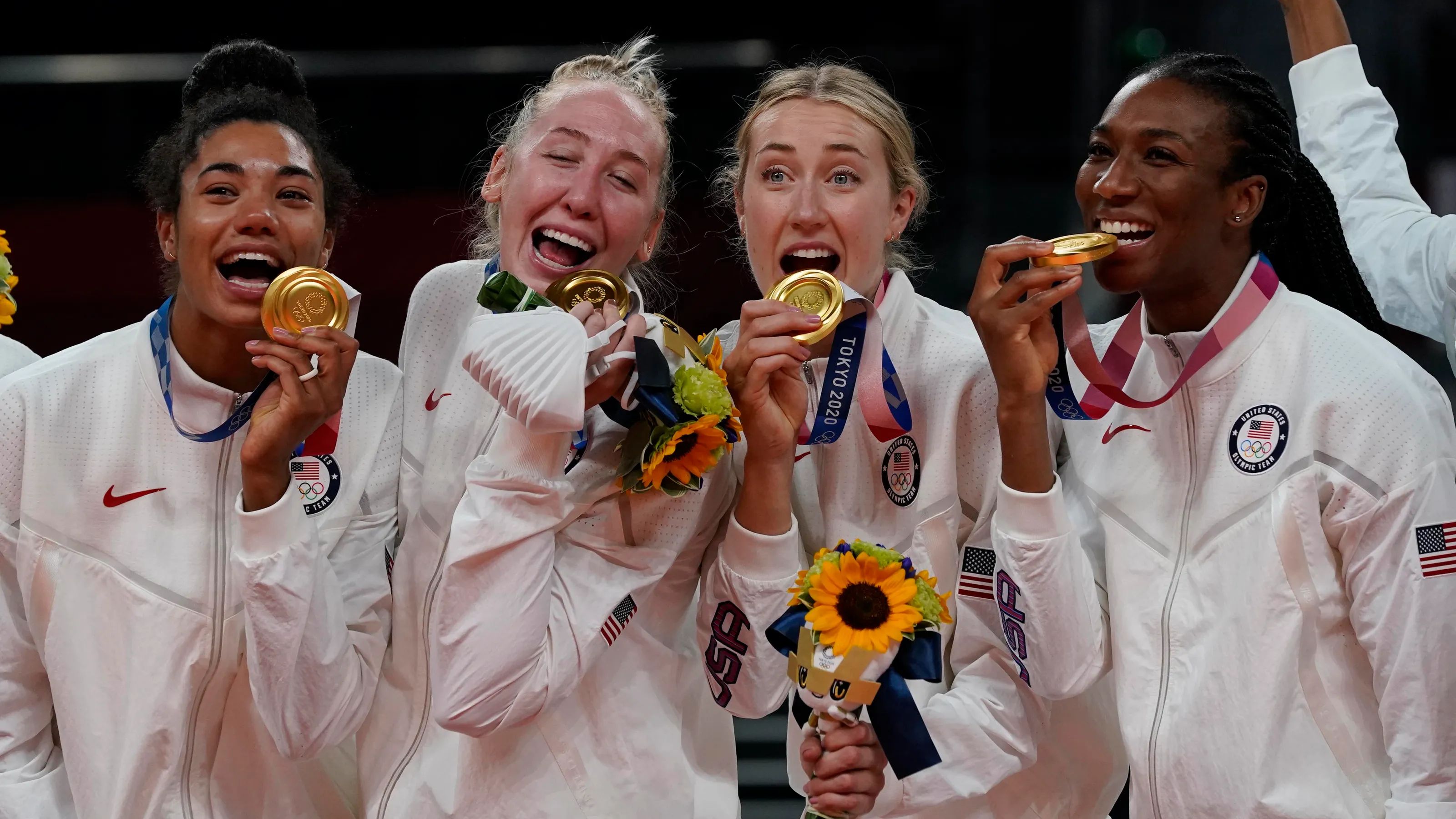Women have gone from having a fraction of the Olympic medal events as men to leading Team USA but still having fewer medal prospects in the 50 years since Title IX was approved.
During the closing ceremonies of the Summer Olympics in Tokyo, the worth of American women, and hence the impact of Title IX, was evident.
On August 8, the United States was two gold medals behind China in the standings. Finishing second would have been an enormous setback, given that the United States had won the overall and gold medals at every Summer Games since 1996, except 2008, when China won more golds in Beijing.
Women currently account for the majority of medals won by US Olympic teams, resulting in a long-term Title IX impact.
Women have progressed from having a fraction of the vote to having a majority of the vote in the 50 years after Title IX was implemented.
On the other hand, the Americans had a closer ally: their women.
As expected, the US women's basketball team won their sixth consecutive gold medal in a matter of minutes on the final day, and track cyclist Jennifer Valente won the omnium, which was unexpected. The women's volleyball team then added the program's first gold medal to the mix.
The final standings were as follows: 39 golds for the United States. China has 38 gold coins. (On the last day, two American male boxers had chances for gold but with silver medals.)
The United States won 66 medals in women's events at the Olympics, the most ever by any country.
According to Olympedia.org, the United States earned 41 medals in men's events, the fewest since the inaugural modern Olympics in 1896. That figure is even astounding when you consider that there were a total of 339 medal events in Tokyo, compared to only 43 medal events in 1896 when only males were allowed to compete.
There were no Olympic basketball or cycling events for women when Title IX was passed in 1972. Women's volleyball was not a part of the NCAA. Title IX gave women the same chances as men in high school and college sports. It paved the way for Olympic triumph.
"The strength of Team USA in Tokyo was built on the backs of our female athletes, many of whom competed in college," said Sarah Hirshland, CEO of the United States Olympic and Paralympic Committee.
"Seeing the dominance of American women, especially in comparison to other countries around the world that may not have either the collegiate system or the education-based athletics system that we have in this country, but certainly not one that caters to women in the way that we have through Title IX, is a profound thing to see."
Some of the first scholarship recipients in the Title IX era shined at the Games, dating back even further.



Login To Leave a Comment